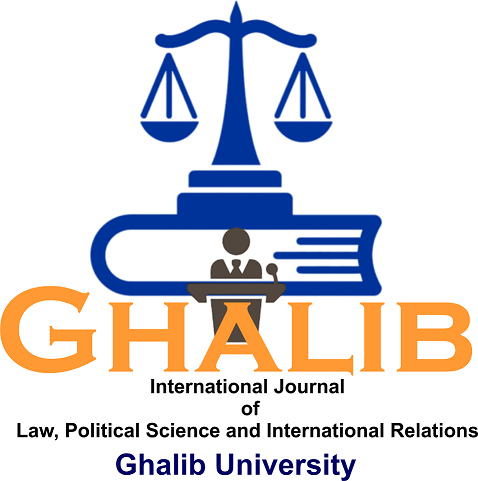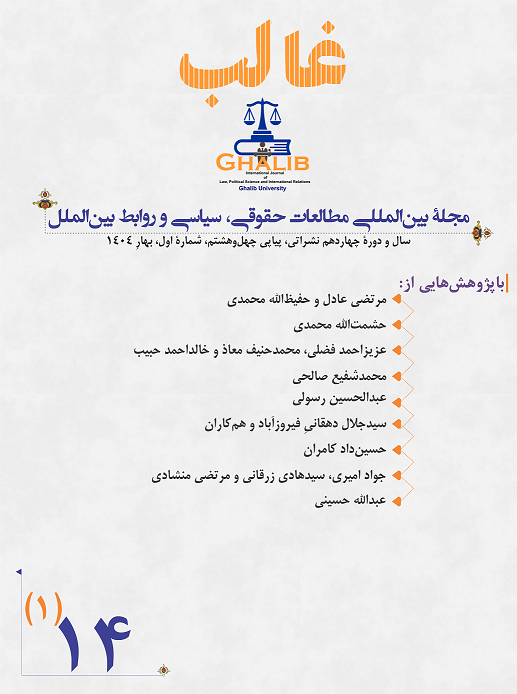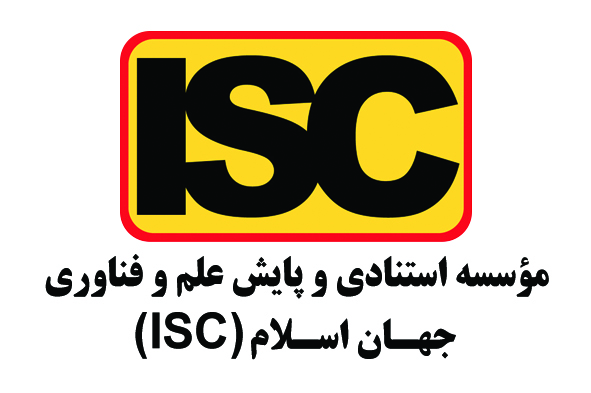چالشها و موانع حکومتداری محلّی در افغانستان: بازنگریِ انتقادیِ دورۀ ۲۰۰۱ تا ۲۰۲۰ م
DOI:
https://doi.org/10.58342/ghalibqj.V.13.I.4.11واژهگانِ کلیدی:
حکومتداری محلّی، افغانستان، حکومتداری، تمرکززدایی، فساد، ادارۀ ولایتی، دولتسازیچکیده
این پژوهش بهگونۀ انتقادی به بررسی چالشهای ساختاری، نهادی و اجرایییی پرداخته، که در فاصلۀ سالهای ۲۰۰۱ تا ۲۰۲۰ م، مانع توسعۀ حکومتداری مؤثر محلّی در افغانستان شدهاند. مسألۀ اصلی این تحقیق، تداوم ضعف حکومتداری در سطوح محلّی است؛ ضعفی که باوجود تلاشهای گستردۀ داخلی و بینالمللی همچنان پابرجا مانده است. اهمیت این پژوهش در نقش حیاتی حکومتهای محلّی در زمینۀ ارائۀ خدمات، پاسخگویی و اعتماد عمومی نهفته است؛ اموری که عناصر بنیادین ثبات درازمدت بهشمار میروند. هدف این مطالعه، شناسایی و تحلیل موانع اصلی در مسیر ایجاد حکومتداری محلی پاسخگو و کارآمد است. پرسشهای پژوهش بر شناسایی موانع اصلی در برابر حکومتداری مؤثر محلی در دورۀ پس از ۲۰۰۱ تمرکز دارد. از لحاظ روششناختی، این تحقیق کیفی و توصیفی است و بهطور کامل بر منابع ثانوی مانند منابع علمی، گزارشهای سیاستی و ارزیابیهای نهادی تکیه دارد. محدودۀ زمانی تحقیق به سالهای ۲۰۰۱ تا ۲۰۲۰ م. محدود میشود و حکومتداری محلّی را در سطوح ولایتی، ولسوالی و جامعهمحور بررسی میکند. یافتهها نشان میدهد که فروپاشی نهادی، مداخلات سیاسی، ضعف ظرفیت اجرایی و ناهماهنگی سیاستهای مبتنی بر کمکهای خارجی، تلاشها برای تمرکززدایی را بهشدت تضعیف کردهاند. نتیجۀ تحقیق آن است که بدون اصلاحات راهبُردی و تعهد واقعی به تمرکززدایی در سطح حکومتداری محلی، ظرفیت حکومتداری محلّی در افغانستان همچنان شکننده خواهد ماند.
سرچشمهها/ منابع
Afghanistan Central Statistics Organization. (2019). Afghanistan Statistical Yearbook 2018-19. Kabul: CSO.
Afghanistan Research and Evaluation Unit. (2016). Political economy of local governance in Afghanistan. AREU.
Afghanistan Constitution. (2004). The Constitution of Afghanistan.
Barfield, T. (2010). Afghanistan: A cultural and political history. Princeton University Press.
Barakat, S., & Larson, A. (2011). Fragile states: Stabilization and development in Afghanistan. Routledge.
Faguet, J. P. (2014). Decentralization and governance. World Development.
Goodhand, J., & Sedra, M. (2010). Who owns the peace? Aid, reconstruction, and peacebuilding in Afghanistan.
International Crisis Group (ICG). (2006). Countering Afghanistan's insurgency: No quick fixes (Asia Report No. 123).
Lister, S. (2007). Understanding state-building and local government in Afghanistan. AREU.
Lister, S. (2007). Understanding State-Building and Local Government in Afghanistan. London: London School of Economics.
Lister, S. (2005). Caught in Confusion: Local Governance Structures in Afghanistan. Kabul: AREU.
Lister, S., & Nixon, H. (2006). Provincial Governance Structures in Afghanistan: From Confusion to Vision? Kabul: AREU.
Nixon, H. (2008). Subnational state-building in Afghanistan. AREU.
Nixon, H. (2007). The Changing Face of Local Governance? Community Development Councils in Afghanistan. Kabul: AREU.
Organisation for Economic Co-operation and Development. (2020). States of fragility 2020: OECD report. OECD Publishing. https://doi.org/10.1787/ba7c22e7-en
Rubin, B. R. (2006). Peace building and state-building in Afghanistan: constructing sovereignty for whose security? Third World Quarterly.
Rubin, B. R. (2013). Afghanistan from the Cold War through the War on Terror. Oxford University Press.
SIGAR (Special Inspector General for Afghanistan Reconstruction). (2020). Quarterly Report to the United States Congress. Arlington, VA: SIGAR.
Shah, A. (2006). Corruption and decentralized public governance. World Bank Policy Research Working Paper No. 3824.
Shah, A., & Thompson, T. (2004). Implementing decentralized local governance: A treacherous road with potholes, detours and road closures. World Bank Policy Research Working Paper No. 3353.
Treisman, D. (2007). The architecture of government: Rethinking political decentralization. Cambridge University Press.
United Nations Assistance Mission in Afghanistan. (2021). Afghanistan: Protection of civilians in armed conflict – Annual report 2020. UNAMA.
United Nations Development Programme (UNDP). (2011). Human Development Report 2011 – Sustainability and Equity: A Better Future for All. New York: UNDP.
United Nations Development Programme (UNDP). (2004). Local governance in Afghanistan: A UNDP perspective.
United Nations Development Programme (UNDP). (2011). Human Development Report 2011: Sustainability and Equity. New York: UNDP.
World Bank. (2017). Afghanistan development update. World Bank Group.
Wilder, A. (2015). A new approach to local governance in Afghanistan. United States Institute of Peace.
Wilder, A. (2015). A New Approach to Local Governance in Afghanistan. United States Institute of Peace (USIP), Special Report No. 365. Washington, DC: USIP.
World Bank. (2017). Progress in the Face of Insecurity: Improving Health and Education in Afghanistan. Washington, DC: World Bank.
World Health Organization (WHO). (2019). Afghanistan Annual Report 2019. Geneva: WHO.
World Bank. (2018). Afghanistan living conditions survey 2016–2017.
World Bank. (2012). Afghanistan in Transition: Looking Beyond 2014. Washington, DC: The World Bank.
Downloads
چاپ شده
ارجاع به مقاله
شماره
نوع مقاله
مجوز
حق نشر 2025 عبدالله حسینی

این پروژه تحت مجوز بین المللی Creative Commons Attribution 4.0 می باشد.













